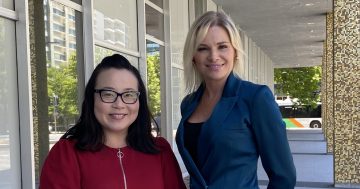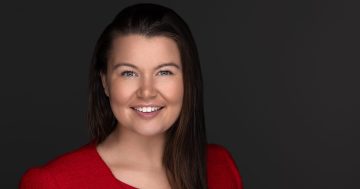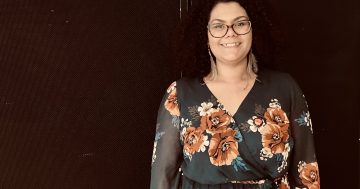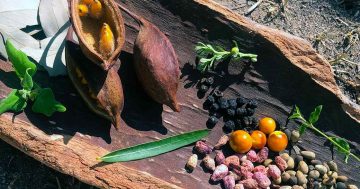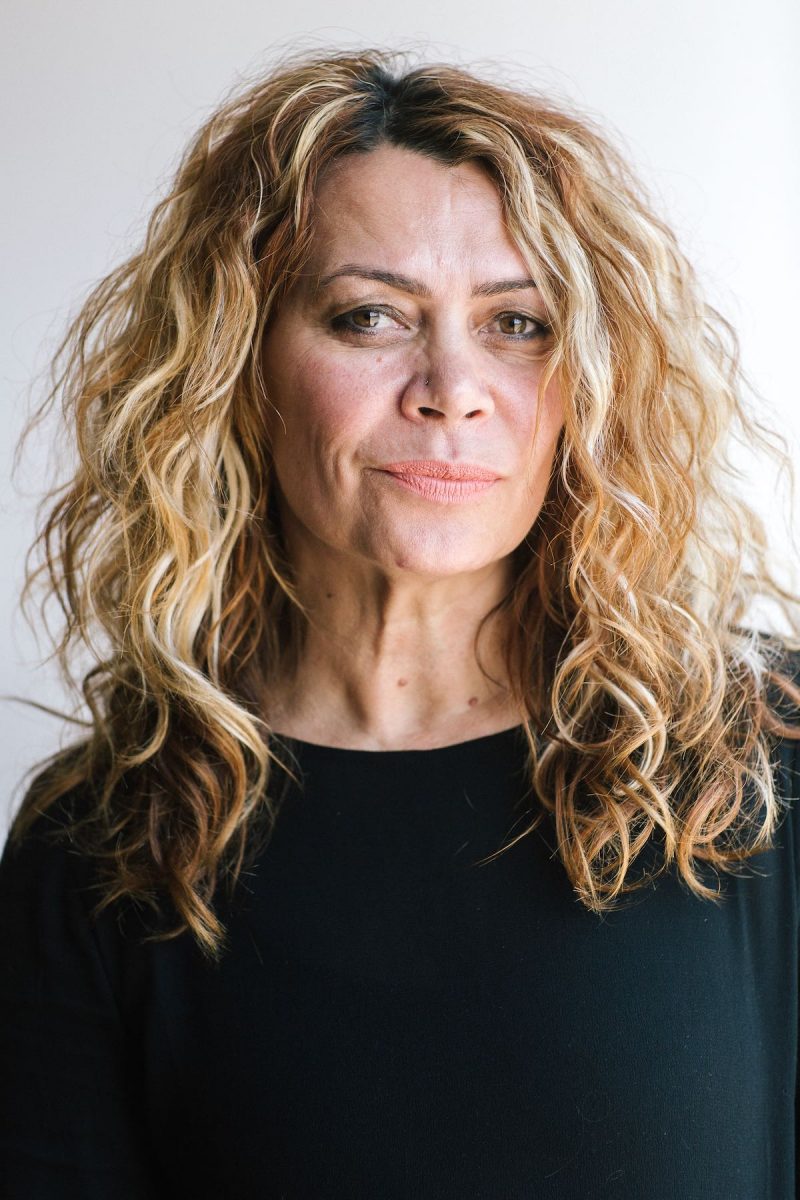
Antoinette Braybrook. Photo: Supplied.
When Aboriginal and Torres Strait Islander women design programs for women in their communities experiencing domestic and family violence, those programs are more likely to succeed. This self-determination approach to supporting Aboriginal women and their families was the subject of the Pamela Denoon Lecture given on 3 March at Australian National University.
“You won’t choose your area of legal expertise: it will choose you,” was advice given to Antoinette Braybrook early in her law career. Now, 20 years later, she is the CEO at Djirra, an organisation in Victoria providing holistic, culturally safe, specialist support to Aboriginal and Torres Strait Islander women experiencing family violence.
Djirra has had great success in programs to support Aboriginal and Torres Strait Islander women experiencing family violence. The programs are designed by Aboriginal women who have lived experience of the ways in which existing services can make it harder for Aboriginal women trying to keep their families safe.
Ms Braybrook talked about the conflict between what government services ask of Aboriginal women experiencing violence, and their need to maintain cultural and family relationships. Many families have experienced generations of trauma, including the impacts of the Stolen Generation. She also mentioned current Federal government programs.
On the cashless welfare card, Ms Braybrook asked, “How on earth would that ever reduce family violence? Women experience family violence and abuse from perpetrators, and now from government?”
Reminding the audience that Aboriginal and Torres Strait Islander women in Australia are 32 times more likely to be hospitalised from family violence, Ms Braybrook talked about Djirra’s culturally safe programs that have seen participation by more than 11,000 women in Victoria since 2007.
“Sisters Day Out is a day full of laughter. Aboriginal women travel far and wide just to spend a day out with other Aboriginal women. It’s fun, it’s restful and it’s safe. It breaks down social isolation and barriers to accessing services. It’s about letting women know that with the right advocate, the law can help,” Ms Braybrook said.
The key to the success of Djirra’s programs, says Ms Braybrook, is self-determination. This means more than consultation or co-design: it starts with the women’s knowledge of their needs and what works for their families.
“From our perspective, co-design does not equal self-determination,” Ms Braybrook said.
For the past 20 years, the Pamela Denoon Lecture has been given during International Women’s Week. The lecture aims to inspire women in the ACT to find out more about women’s issues and get active in local organisations, and is a tribute to the memory of Pamela Denoon. Pamela Denoon was National Coordinator for Women’s Electoral Lobby in the early 1980s, and her bequest helped finance the establishment of the National Foundation for Australian Women.
Ms Braybrook ended the lecture with some advice for Canberrans who want to support Aboriginal Community Controlled Organisations such as Djirra. “Donations are easy, and we need the money,” Ms Braybrook said. She also suggested following Aboriginal women on social media and amplifying their voices; finding out about our real history in Australia; and challenging systemic racism.
“Stand with us and know that you are welcome to walk with us, but never in front of us,” Ms Braybrook said.
Watch Antoinette Braybrook’s 2020 Pamela Denoon Lecture.
Emma is the lead candidate for the ACT Greens in the electorate of Murrumbidgee at the 2020 ACT Legislative Assembly election. She is also currently a Convenor at the Women’s Electoral Lobby.













